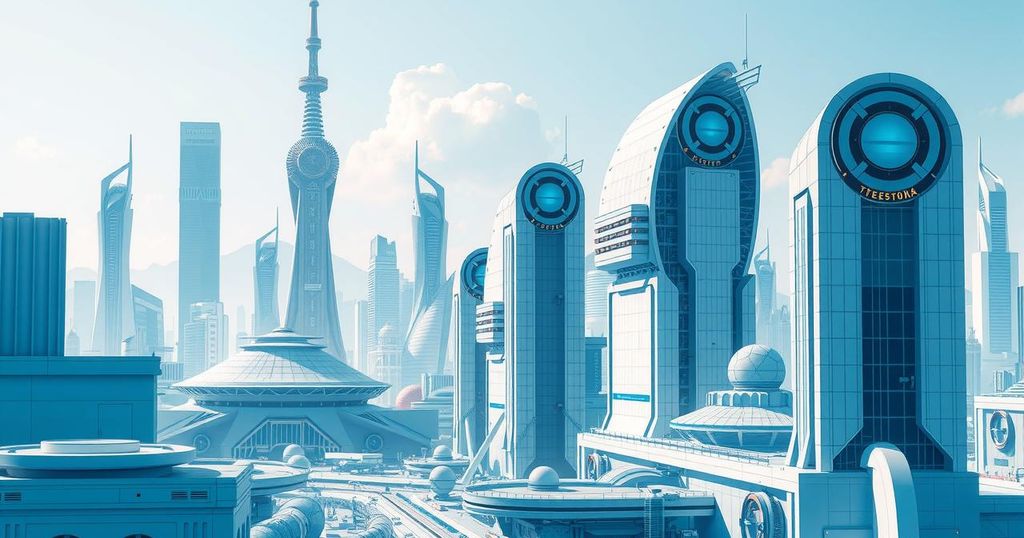Exploring Humanity in Spielberg’s A.I. Artificial Intelligence: A Tale of Two Visionaries
In 2001, Steven Spielberg directed “A.I. Artificial Intelligence,” a film initially conceived by Stanley Kubrick. Based on Brian Aldiss’s story, it explores themes of love and humanity through the lens of artificial intelligence. Despite delays in production due to Kubrick’s perfectionism, the film ultimately reflects a blend of both directors’ visions and remains relevant today.
In 2001, Steven Spielberg brought to life “A.I. Artificial Intelligence,” a film steeped in the hues of a dystopian future. Based on a short story by British author Brian Aldiss, the idea had originally twinkled in the mind of Stanley Kubrick way back in the 1970s. Yet, what started as Kubrick’s vision metamorphosed when he recognized Spielberg’s unique touch.
Kubrick believed that Spielberg’s imaginative style was a much better fit for the film’s emotional depth, eventually leading him to hand over the directing duties. But even with a new captain at the helm, Kubrick’s influence lingered. He stayed on board as producer, though he was known for his exacting standards, which held up production for some time.
Depicting a world where artificial intelligence is woven into the fabric of society, the film tackles themes of love, identity, and the consequences of technological advancement. It follows David, a robotic boy programmed to love, navigating the complexities of human emotions. Spielberg’s knack for storytelling threads a poignant narrative that asks the viewers to reflect on their own humanity.
With “A.I. Artificial Intelligence,” Spielberg blended elements of sci-fi with rich, emotional storytelling. It’s more than just a film about robots; it dives deep into loss, a quest for acceptance, and the blurry lines between man and machine. Its haunting visuals are complemented by a heartbreaking score that echoes long after the credits roll.
Notably, this film stands as a testament to Kubrick’s legacy and Spielberg’s exceptional ability to pull on the heartstrings of his audience. Despite being envisioned decades earlier, cinema technology finally caught up, allowing both directors’ dreams to coalesce into a stirring and memorable piece.
Ultimately, “A.I. Artificial Intelligence” remains significant, a piece that constantly provokes thought. With its complex characters and rich themes, it asks us to question the very nature of love and what it means to be human in an increasingly artificial world. It leaves its imprint, not just as a film, but as a philosophical statement that resonates beyond its release date.
Overall, “A.I. Artificial Intelligence” is a profound exploration of love, humanity, and technology that emerged from the collaborative visions of two of cinema’s greatest minds. Spielberg, taking the directorial reins from Kubrick, crafted a narrative that blended emotional depth with futuristic themes. The film continues to grant viewers thought-provoking insights into the complexities of artificial intelligence and its implications on human connections.
Original Source: www.britannica.com




Post Comment